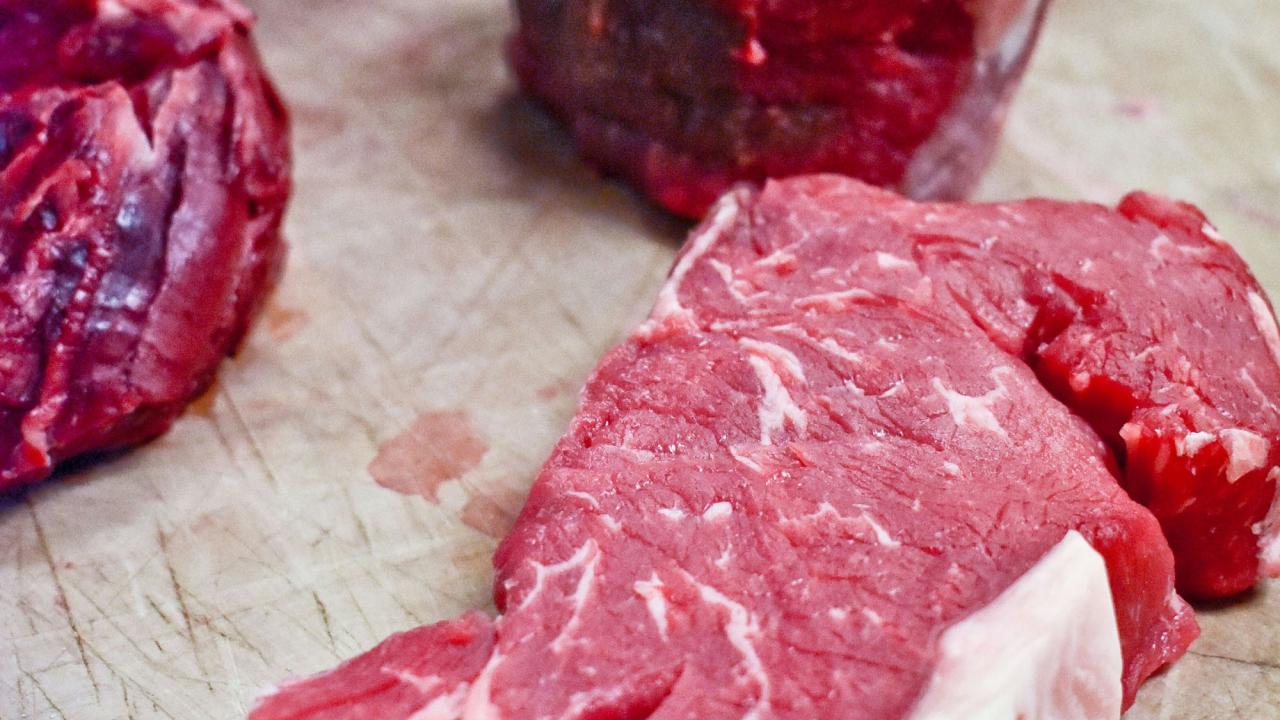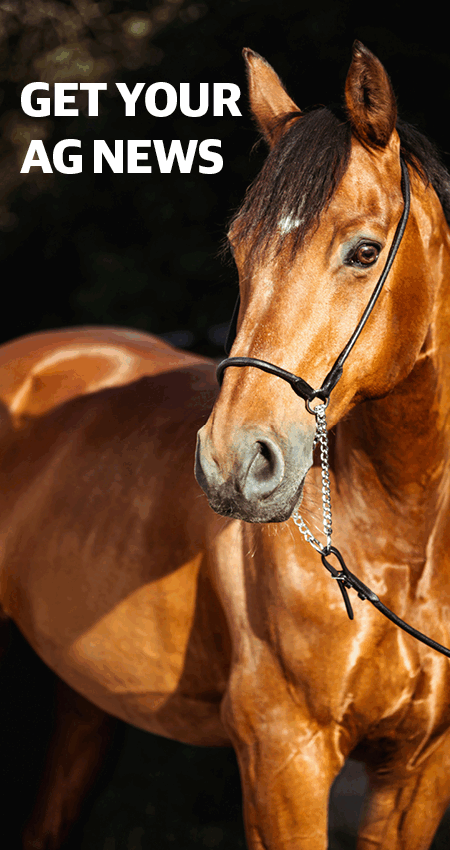TasFarmers president slams red meat call

THE latest report from the Climate Change Authority Sector Pathway (CCASP) has suggested Australia could get closer to net zero emissions by 2050 by reducing red meat consumption.
The sentiment has been widely rejected by farming bodies who say farmers have been doing positive work for the environment for years. TasFarmers president Ian Sauer said farmers and foresters have been dealing positively with climate change for the last 35-40 years and that the suggestion by CCASP is “rubbish.”
“Farms in Tasmania with managed forestry and good healthy pastures that are grazed properly will sequester more carbon than they omit,” he said.
“The majority of farmers are some of the best environmentalists out, not only are they producing food, fibre and pharmaceuticals but they’re also growing farm forestry, and many farmers have 10 per cent or more of their farms locked up for environmental purposes,” he said.
“I think the farming community is doing the right thing, can we do more? Everyone can, but the comments that we shouldn’t be eating meat don’t compute for me.”
National Farmer’s Federation president David Jochinke welcomed the report as a balanced and detailed document but also said the element of concern in the report was the suggestion of changing dietary preferences away from red meat.
“The NFF strongly opposes this notion, maintaining that a balanced and nutritious diet includes red meat,” Mr Jochinke said.
“The idea that alternative animal proteins could replace red meat in Australia’s unique rangelands is severely misguided.”
Mr Jochinke said the report reinforces the realities previously highlighted by the sector: that net zero emissions by 2050 is not achievable for Australian agriculture under the current conditions.
He said the report makes clear that none of the scenarios achieve net zero for agriculture by 2050.
“The most ambitious of these, which factors in 5 million hectares of vegetative offsets, raises significant concerns.
“Achieving offsets through land reallocation on this scale would have a profound and detrimental impact on food and fibre production.”
Mr Jochinke said the report aligns with these concerns and acknowledges that climate change is likely to increase competition for suitable land.
The report shared the importance of safeguarding food and fibre security and highlighted the ongoing need for technological advancements to help the agricultural sector decarbonise, outlining a range of innovations that need to be progressed to reduce emissions from the sector.
These included within feed supplements, slow release or nitrification-inhibiting fertilisers, improved herd and pasture management, and renewable or electric vehicles and machinery.
The report recognised however that the widespread adoption of these technologies is not expected until after 2035.
“Farmers are already doing the hard yards in these areas, but there’s still a lot of work to do to make sure these innovations are affordable and effective,” Mr Jochinke said.
“Innovation, respect for land use, and careful planning will be key in ensuring agriculture can continue to thrive in Australia’s net zero future.”




Add new comment